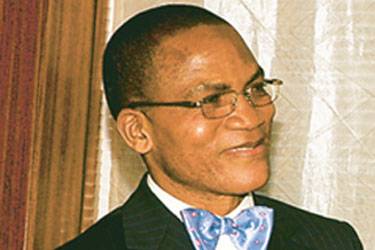The Office has said that the Nigeria’s Medium Term Debt Management Strategy would help reduce the rate of growth of public debts to ensure sustainability.
The Director General of the DMO, Dr. Abraham Nwankwo, made this known while briefing newsmen on the importance of the strategy on Thursday in Abuja.
The Federal Executive Council, at its meeting on Wednesday in Abuja, approved the strategy document to help address the structure of the country debts.
Nwanwko said: “For the first time the country has a medium-term debt strategy which will run from 2012 to 2015. This strategy will be reviewed annually and rolled over.
“The main object of the medium -term debt strategy is to develop a plan that will meet the financing needs of government at minimum cost.”
Nwankwo said that the strategy would also help to “maintain risk at a prudent level and support the development of the market.”
According to him, the essence is to ensure that the country meets its financial needs, does it at minimum cost and acceptable risk level.
He said that it would also help to reduce the amount spent on debt servicing by achieving an optimal mix of relatively more expensive domestic debt and less expensive external debt.
Nwankwo said that the difference between the domestic and the external average cost of borrowing was about eight per cent per annum.
He listed some benefits of the strategy to include making direct budgetary provisions for the repayment of part of the maturing Federal Government bond obligations.
He said: “It offers a new approach to debt management, instead of refinancing them by creating a sinking fund.
“Achieve an optimal mix between domestic and external borrowing and arrive at a more balanced public debt portfolio, preferably in the ratio of 60:40 for domestic and external debt.
“Reduce the issuance of short term domestic debt instruments in favour of long-term instruments to hedge against refinancing and other market risks.
“Attain appropriate mix in terms of currency composition, interest rate structure and concessional versus commercial borrowing.”
Nwankwo said that the strategy would help stabilise and deepen the domestic debt markets to attract more foreign investment flows.
He said that the strategy would help to assume more prominent role for the development of commercially viable infrastructure projects for economic growth and development.
Previous ArticlePolice rescue kidnapped 61-year-old Lebanese woman in Lagos
Next Article Beckham announces retirement


